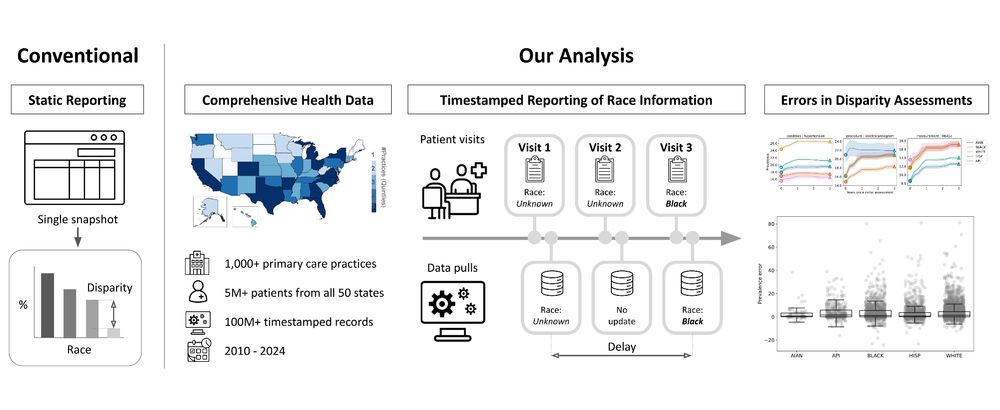Aparna Balagopalan
@aparnabee.bsky.social
80 followers
64 following
1 posts
PhD student @MIT. Previously: @Uoft/@VectorInst, @winterlightlabs, and @IITGuwahati
Posts
Media
Videos
Starter Packs
Aparna Balagopalan
@aparnabee.bsky.social
· Jun 24
Reposted by Aparna Balagopalan
Angelina Wang
@angelinawang.bsky.social
· Feb 17
Reposted by Aparna Balagopalan
Reposted by Aparna Balagopalan



